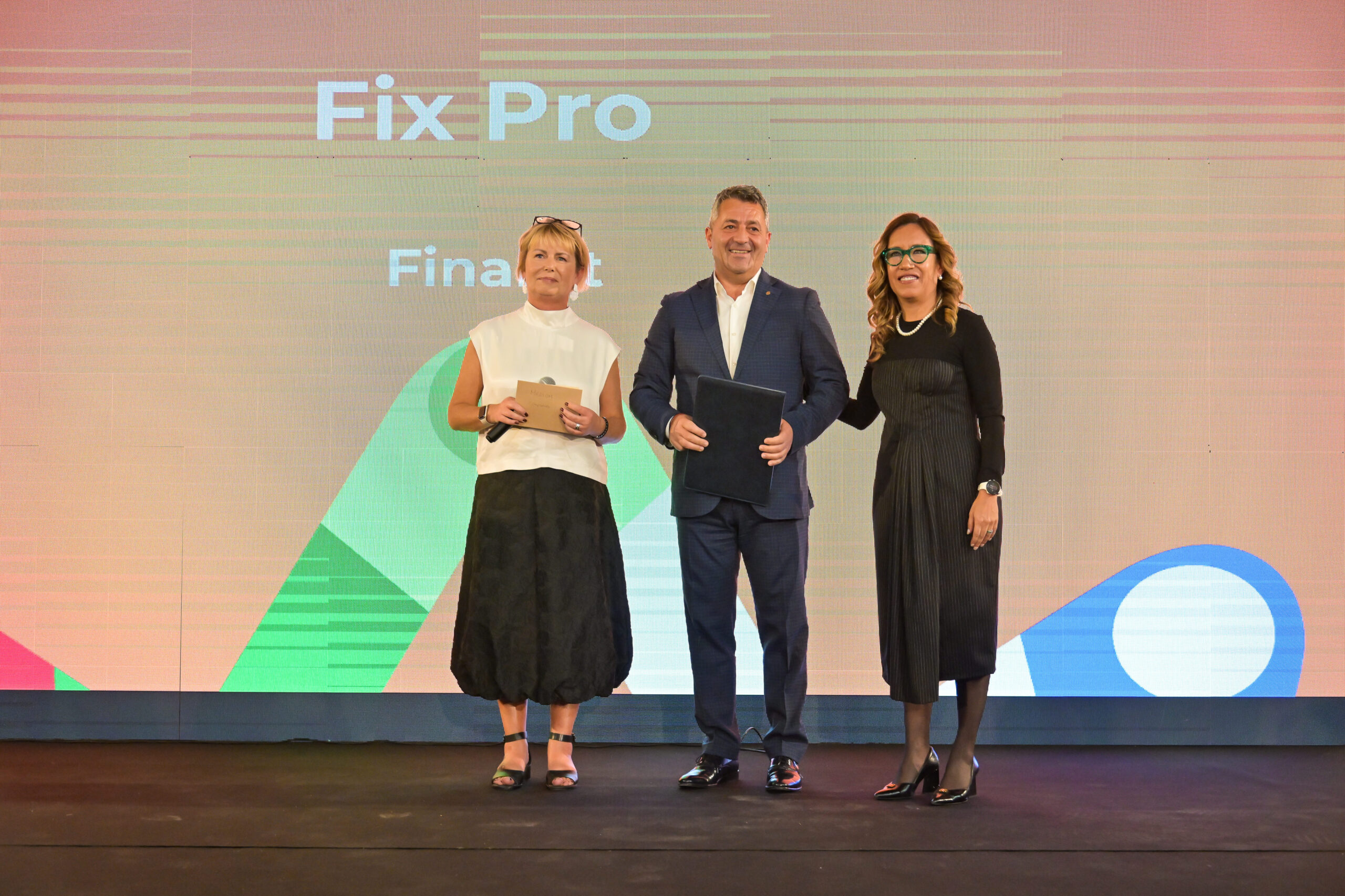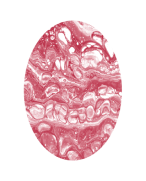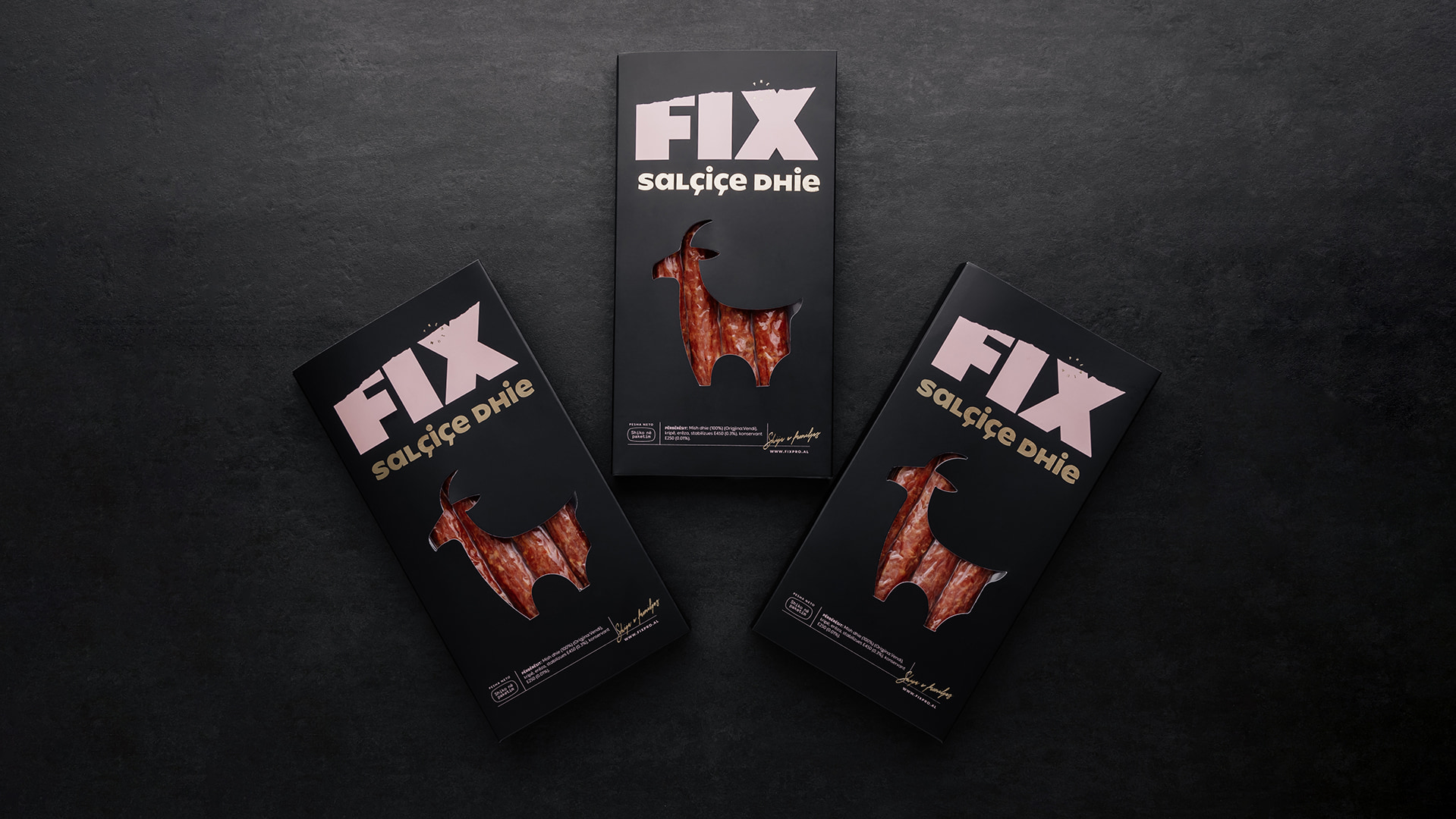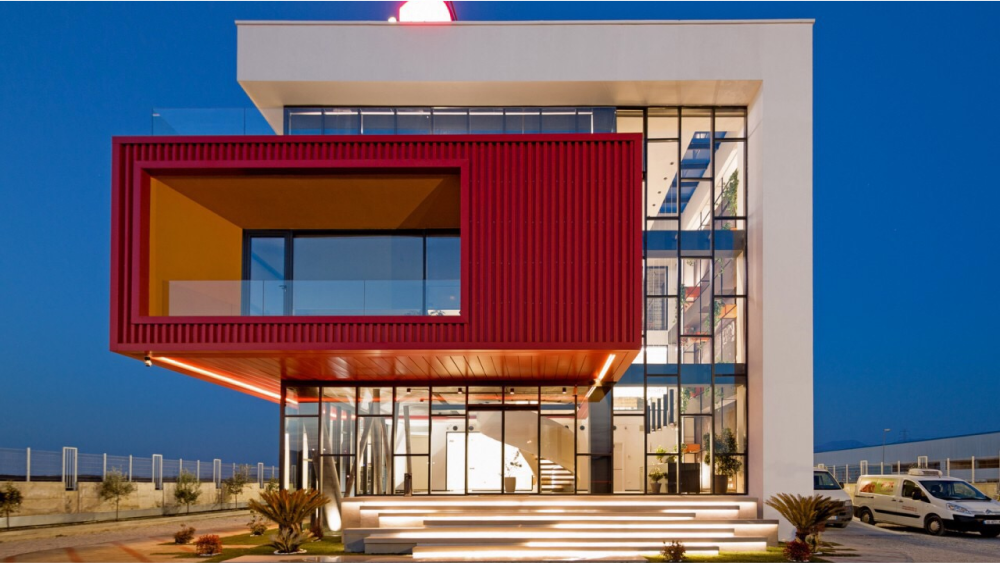Originally established as a company trading spices and food additives from 1992 to 2002, Fix transitioned into a meat processing and sausage production company under the Fix brand in 2003. The company’s purpose is to become a leader in the meat processing and sausage production industry while offering high-quality products accessible to all social groups. Over the years, the company has expanded its premises, from 1,000m² in 2008 to 5,000m² in 2023 with sustainability at the forefront, creating employment opportunities with good working conditions (SDG 8). By prioritizing the well-being and welfare of its workforce, the company contributes to a positive work environment and fosters a sense of dedication and loyalty among its employees.
As part of its commitment to helping people in need, Fix supports families of law enforcement officers killed in the line of duty, children with Down Syndrome, local families and those living in poverty. The company provides free school supplies for children of employees and one free meal per day for its employees. It also offered enhanced health assistance during the pandemic and provides regular annual salary increases to ensure (at least) a living wage for its employees. The impact of Fix’s initiatives is notable in various areas, while prioritizing the health and well-being of its employees (SDG 1, 3).
In terms of strategy, the company focuses on producing high-quality products while observing environmental protection policies, waste management and water treatment. Fix has invested in a water treatment plant and plans to double its capacity. It also utilizes cardboard waste from raw materials to produce pellets for heating water. These investments and actions demonstrate the company’s commitment to circular economy principles and environmental sustainability (SDG 10, 11, 12, 13, 14, 15; Global Agenda, GA, 46).For innovation, Fix has a Research and Development department that introduces innovative technologies and develops new products. The company has invested in a product quality control laboratory. Currently, it is seeking certification for the C€ marking, indicating compliance with European standards (SDG 4, 5, 8).
Furthermore, Fix seeks to strengthen its positive image both within the country and throughout the region. It has made investments in human resources, including a network of technologists who provide expertise, and also has staff members specialized in the use of the German CSB traceability system, which tracks products from origin. Fix has engaged with MARD to invest in a farm that will supply small animals, primarily goats, to ensure a secure supply chain (SDG 4, 5, 16, 17; GA 45). Unlike many large processors that rely on imported meat for operations, Fix takes a proactive approach by sourcing its supplies domestically. This showcases the company’s strong commitment to the development of the small ruminant sector within Albania. By supporting and promoting local producers, the company not only strengthens the domestic agricultural economy but also contributes to the sustainability and growth of the small ruminant industry.
In summary, Fix’s purpose is to become a leading meat processing and sausage production company, while its strategy focuses on high-quality products, environmental protection and waste management. The company demonstrates innovation through research and development and investments in systems and laboratories. Fix’s impact is observed in its contribution to employment, poverty reduction among employees and commitment to employee well-being. Lastly, Fix strives to project a positive image through its investments in human resources and supply chain management.
Nota bene: This case study is part of the report that is co-authored by FAO Albania and published based on the study and research conducted under the UN Joint Project framework “Business Partnerships and Solutions for SDGs”, funded by Sweden, represented by the Swedish International Development Cooperation Agency (SIDA) to the UN Albania SDG Acceleration Fund: “STOCKTAKING REPORT – Qualitative assessment of the SDGs principles and positive practices adopted by the main actors in Albania’s agro-processing sector, December 26, 2023”.
Photo courtesy: UNDP in Albania










